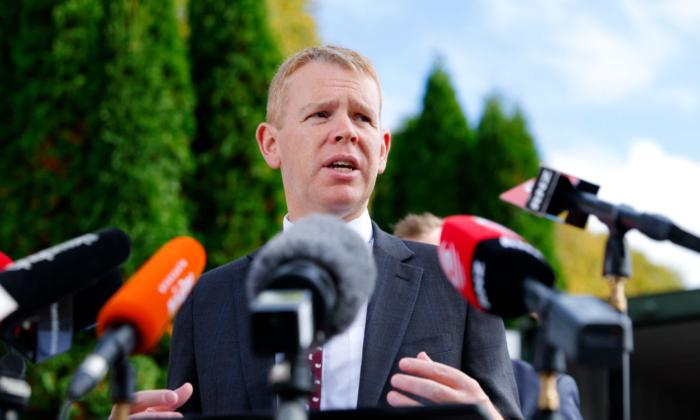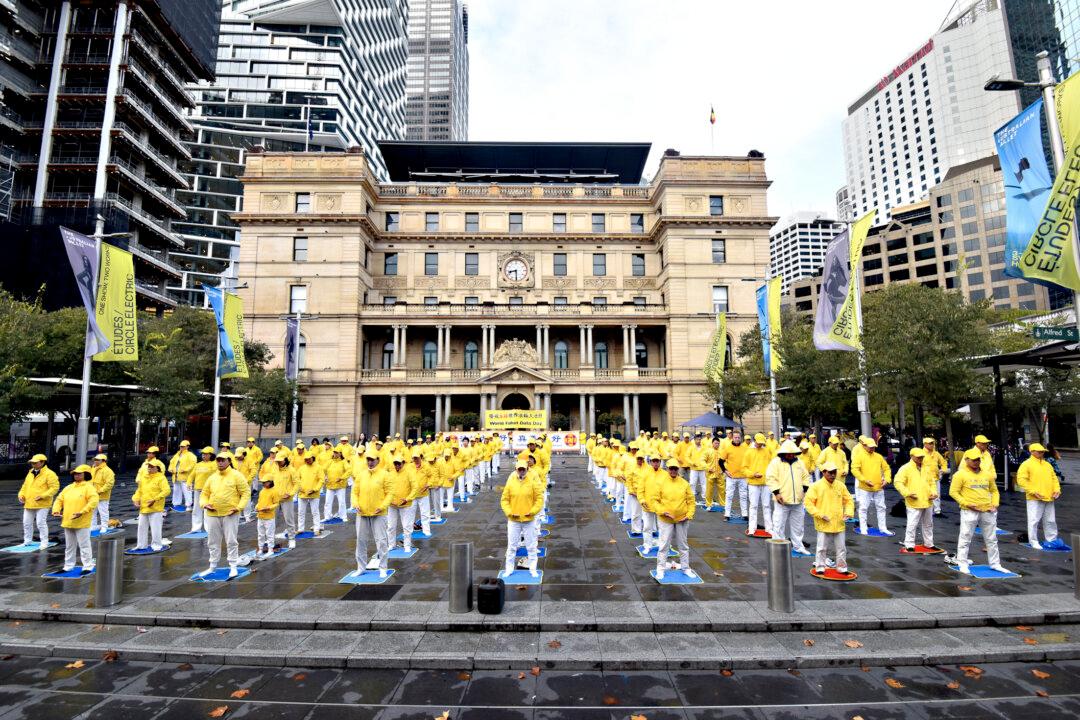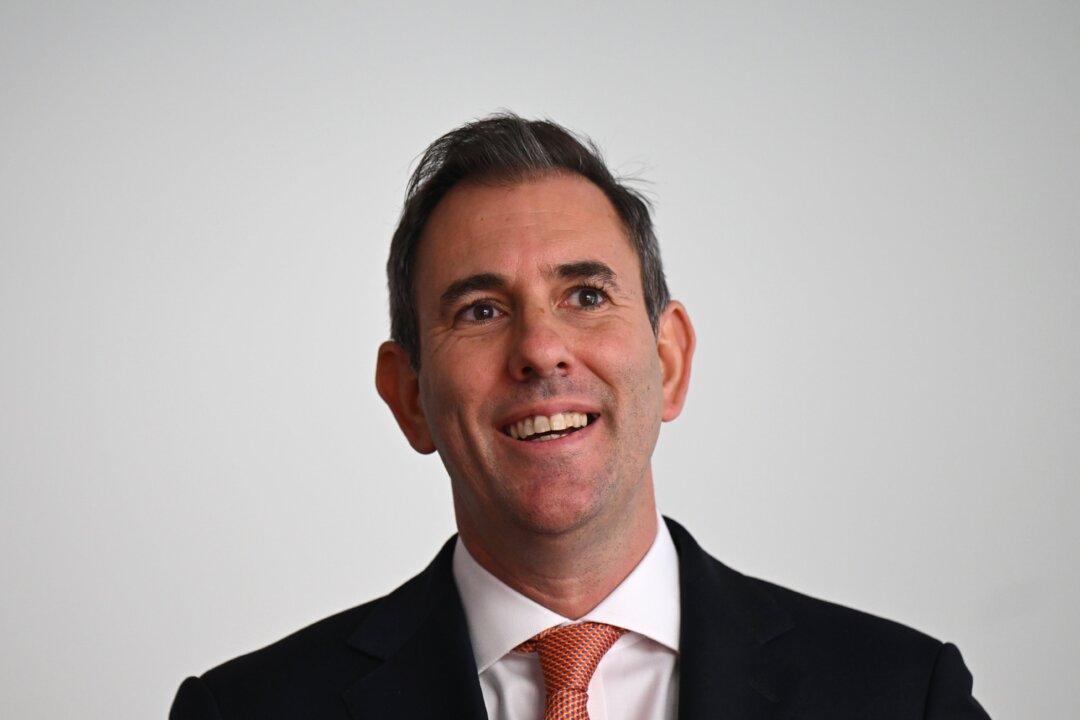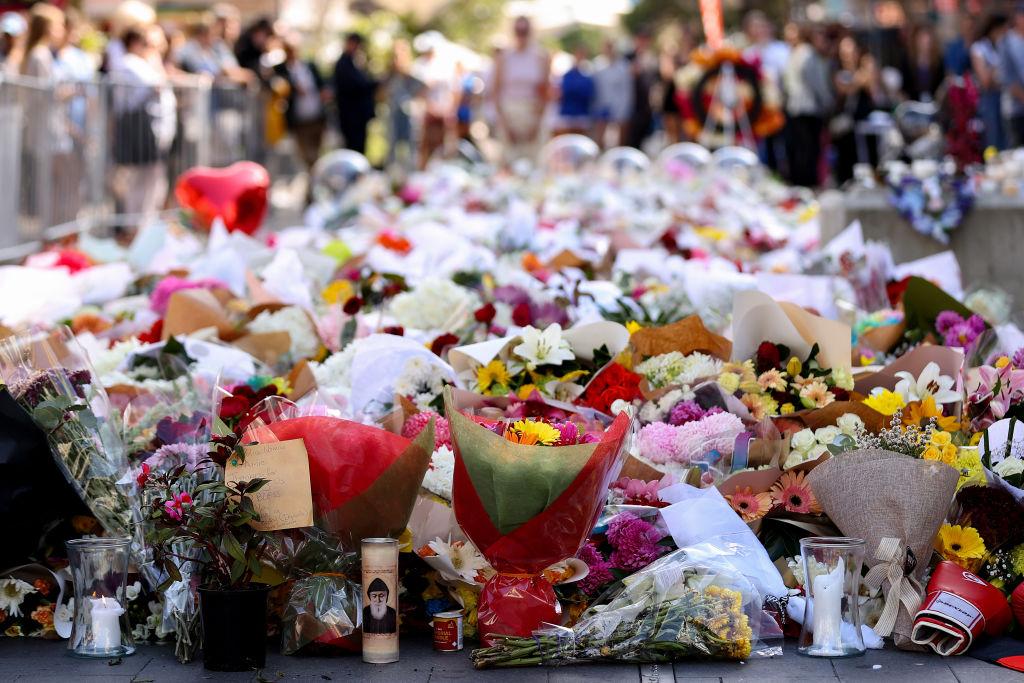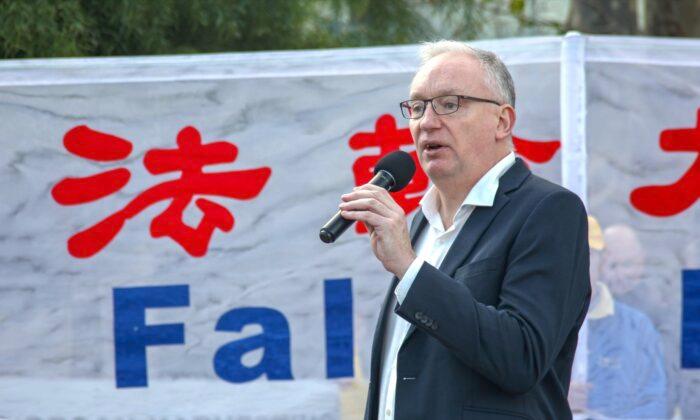New Zealand Prime Minister Chris Hipkins has denied that Kiwis were forced to get a COVID-19 vaccination, saying everyone had made their own choice on the matter.
“In terms of the vaccine mandates, I acknowledge that it was a challenging time for people, but they ultimately made their own choices.
“There was no compulsory vaccination, people made their own choices.”
The prime minister made the comments in response to questions about whether he saw any value in providing compensation for people who lost their jobs due to vaccine mandates or sustained vaccine injuries, a pledge that New Zealand First leader Winston Peters is taking to the general election on Oct. 14.
Mr. Hipkins said he thought Mr. Peters was “abandoning” the older demographic because they had the highest vaccination levels.
“Older New Zealanders have record high rates of vaccination, they’re amongst the highest in the world, and Winston Peters seems to be saying that they made the wrong decision in doing that,” he said.
The Epoch Times has contacted Mr. Peters’ office for comment.
The comments from the New Zealand prime minister come after an Australian Senate inquiry in August heard Pfizer Country Medical Director Dr. Krishan Thiru also deny that anyone had been coerced into receiving COVID vaccinations.
“Mandates for vaccine requirements are determined by governments and health authorities.
Two-Tier Society
Prior to Mr. Hipkins’ appointment as prime minister following predecessor Jacinda Ardern’s resignation, he was New Zealand’s COVID-19 response minister and education minister.As COVID-19 response minister, he oversaw the implementation of mandatory COVID-19 vaccinations in sectors including health and disability, education, border force, prison force, and hospitality.
Later, these workforces were also required to receive a third shot of the vaccine.
“It’s encouraging all employers, covered by the Vaccinations Order or not, to support their employees to get their booster vaccinations as soon as they are able to.”

Vaccine Effectiveness Questioned
The New Zealand government heavily pushed the vaccinations, calling them the most “effective” tool to protect against COVID-19 infection.“Make your appointments now—every dose counts.”
However, increasingly more information has revealed that the vaccinations were not as effective as authorities promoted them to be.
Records in the Australian state of Queensland revealed that its first deaths were fully vaccinated individuals.
New Zealand lifted its final COVID-19 restrictions on Aug. 15, removing the requirements of seven-day mandatory isolation and mandatory masks for visitors to healthcare facilities.
“And while not mandated, the Ministry of Health guidance is to stay at home for five days if you’re unwell or have tested positive for COVID-19.”
